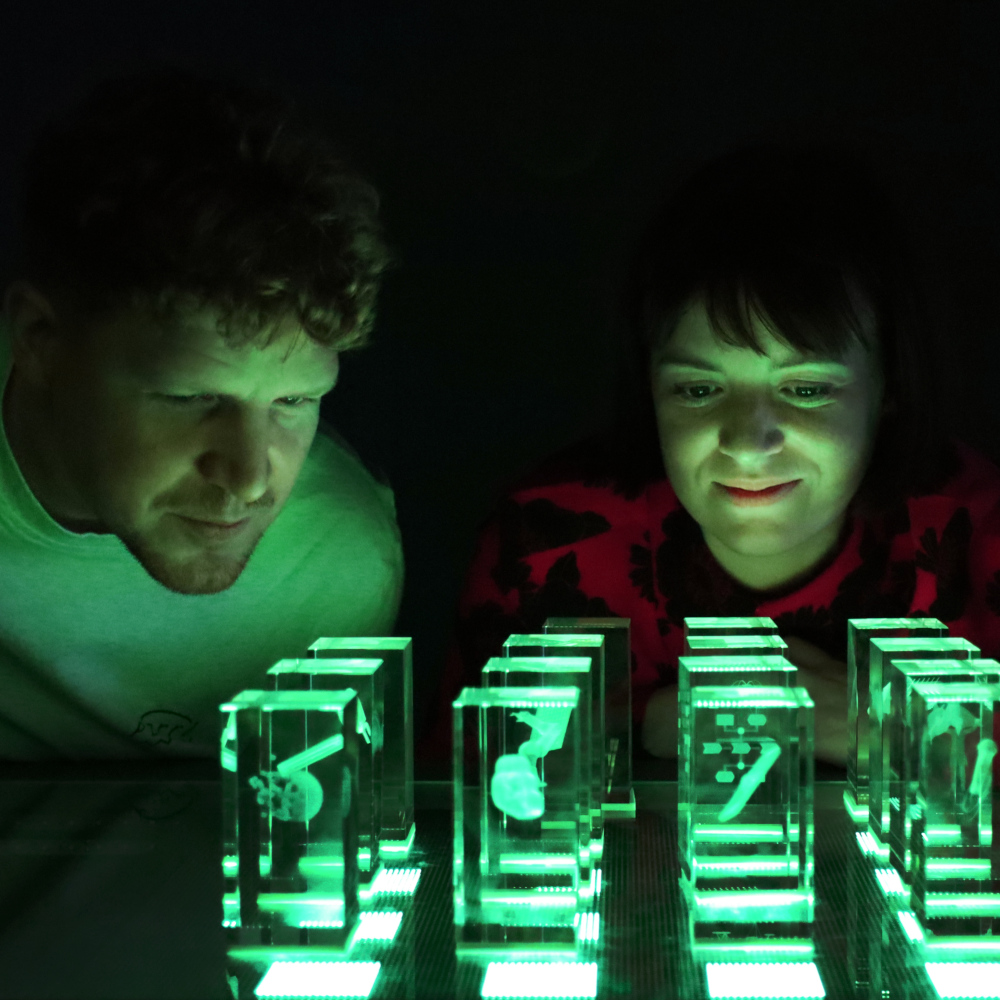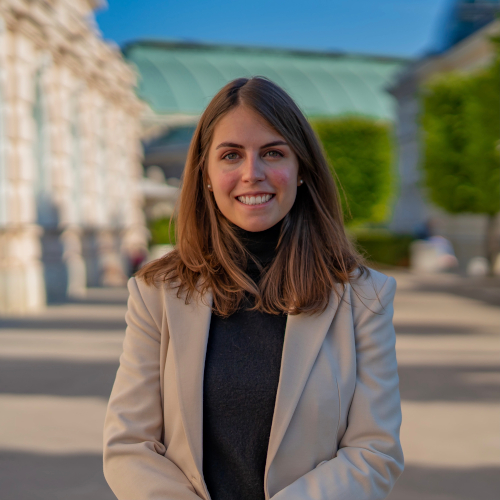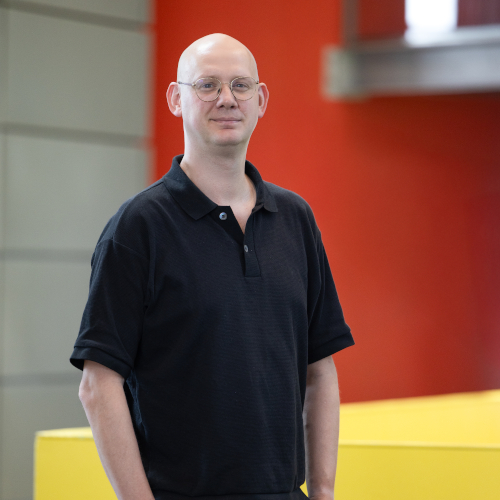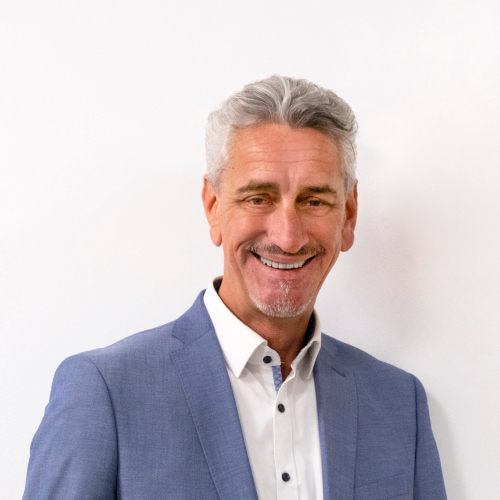In a rapidly changing world, the expectation for companies to be more than just economically successful is growing: acting innovatively, sustainably, and responsibly is becoming the key to long-term stability. But how can the vital role of innovation be communicated credibly amid this constant dynamism—providing orientation and building trust, both internally and externally? Ars Electronica Solutions contributes its experience at the intersection of art, technology, and business to show how creative processes can help not only withstand restlessness, but turn it into a productive force.

Photo: MyTrinh Müller-Gardiner
Panel Discussion
Economy of Restlessness
Anja Rotter (AT), Thomas Gegenhuber (AT), Thomas Linde (DE), Manuela Gruber (AT) / Ars Electronica Solutions (AT)
POSTCITY, First Floor, Ars Electronica Solutions Exhibition
Language //
EN
Ticket //
FREE / No Ticket
-

Photo: Robert Bauernhansl
Ars Electronica Solutions
Ars Electronica Solutions conceptualises, designs and implements interactive, multi-sensory experiences for temporary and permanent exhibitions, brand landscapes, trade fairs, and events. The operational and creative arm of Ars Electronica develops customised projects for international clients and transforms ideas into immersive digital experiences. Whether through interactive installations, impressive visuals, or immersive storytelling—messages are brought to life in an extraordinary way with artistry, ambition, and playful elements and inspire amazement.
-

Photo: Anja Rotter
Anja Rotter
Anja Rotter holds a master’s degree in Climate Change, Management, and Finance from Imperial College London, completed in collaboration with the Grantham Institute—one of the world’s leading research centers for climate change and the environment. She gained professional experience in corporate finance and M&A advisory, specializing in projects in the fields of cleantech and renewable energy. In addition, she has contributed to various consulting and research projects on sustainable finance, greenwashing, and the integration of ESG factors into capital markets. Since 2023, she has been working as a Sustainability Consultant at ICT, focusing on corporate carbon footprints, climate strategies, and the EU Taxonomy.
-

Photo: Stadt Linz Deimling
Thomas Gegenhuber
Thomas Gegenhuber is City Councilor for Economy and Innovation, as well as Chairman of the Supervisory Board of the Tabakfabrik Linz and IKT Linz GmbH. Before joining the Linz City Senate, the currently on-leave professor headed the Linz Institute for Transformative Change (LIFT_C) at Johannes Kepler University Linz (JKU). His research focuses on sustainable as well as digital transformation: Examples of his commitment are, respectively, Open Social Innovation—an approach that brings together diverse societal actors to tackle major challenges—and new organizational forms such as digital platforms.
-

Photo: Thomas Linde
Thomas Linde
Thomas Linde was born on February 13, 1966, in Germany. He is married and has four children. After completing his Abitur, he began his career with vocational training as an electrician in mechanical engineering. He then went on to study Systems Engineering/Automation Technology in Ulm. His career path has taken him through several disciplines: two years as a software programmer in mechanical engineering, four years in product management with a focus on control technology and HMI, and ten years as Head of Sales and Marketing at ADS-TEC in Stuttgart, specializing in PC-based automation and IoT. For the past 17 years, he has been working at KEBA AG in Linz—ten of those years as Head of the Industrial Automation Business Unit and, for the last seven years, in the field of innovation and R&D for the entire KEBA Group. He focuses on future technological and market changes, particularly in the areas of digitalization and Artificial Intelligence, and works closely with Austrian research institutions, universities, and startups.
